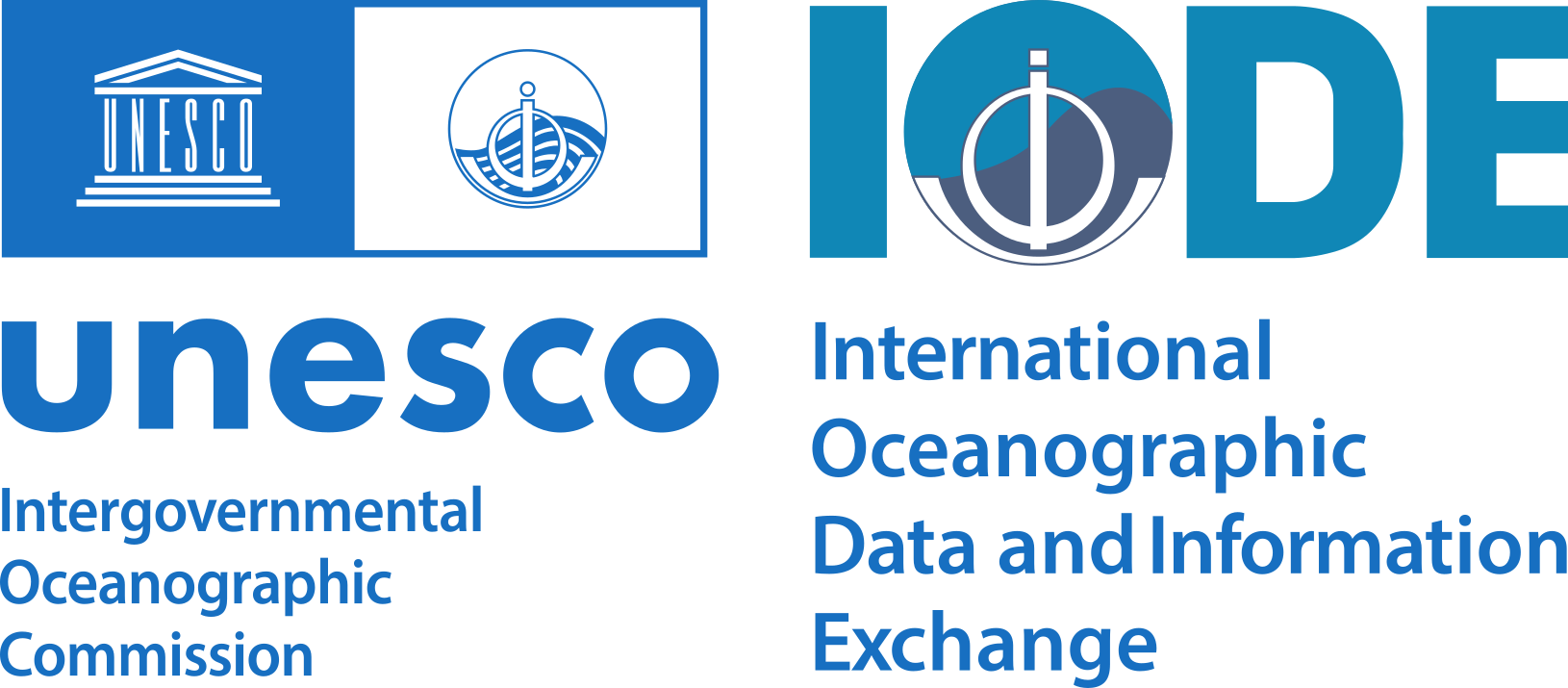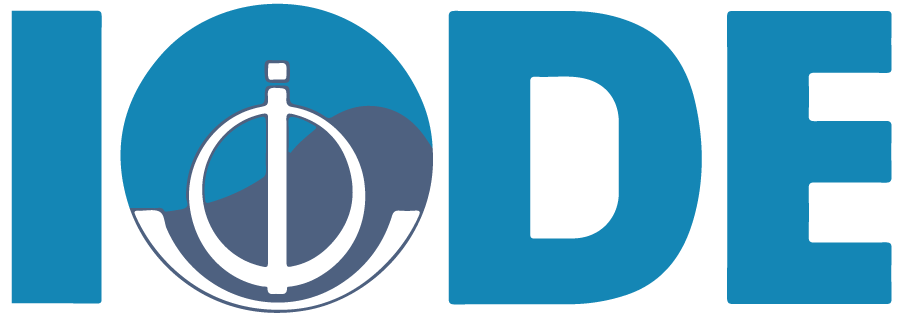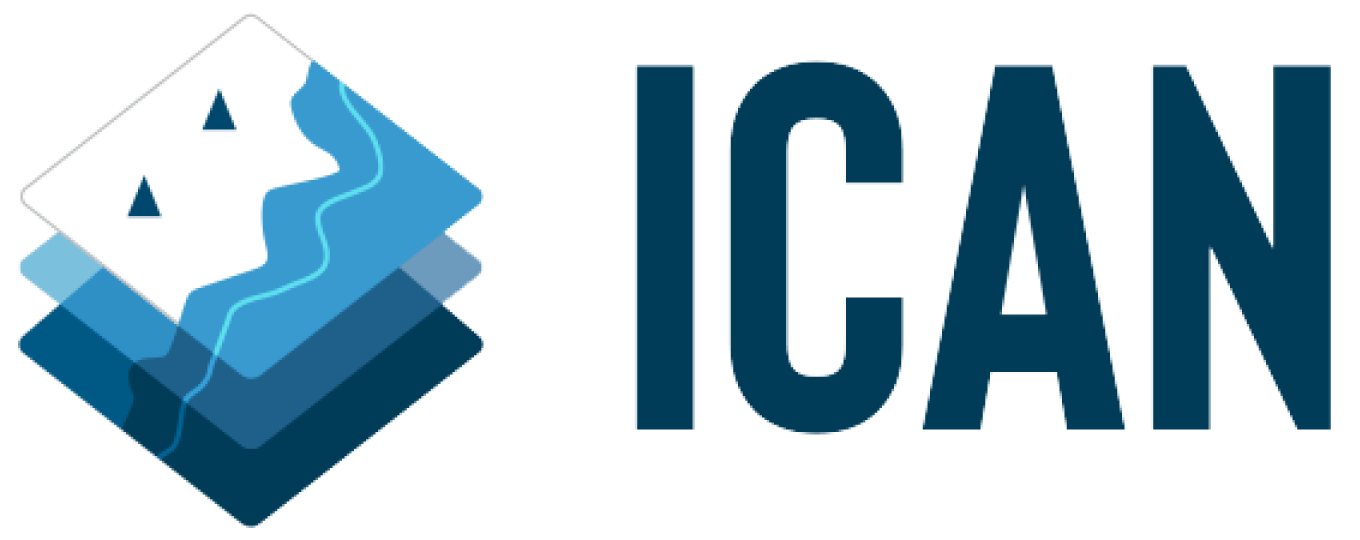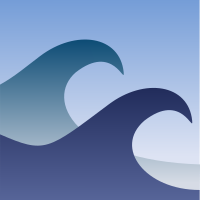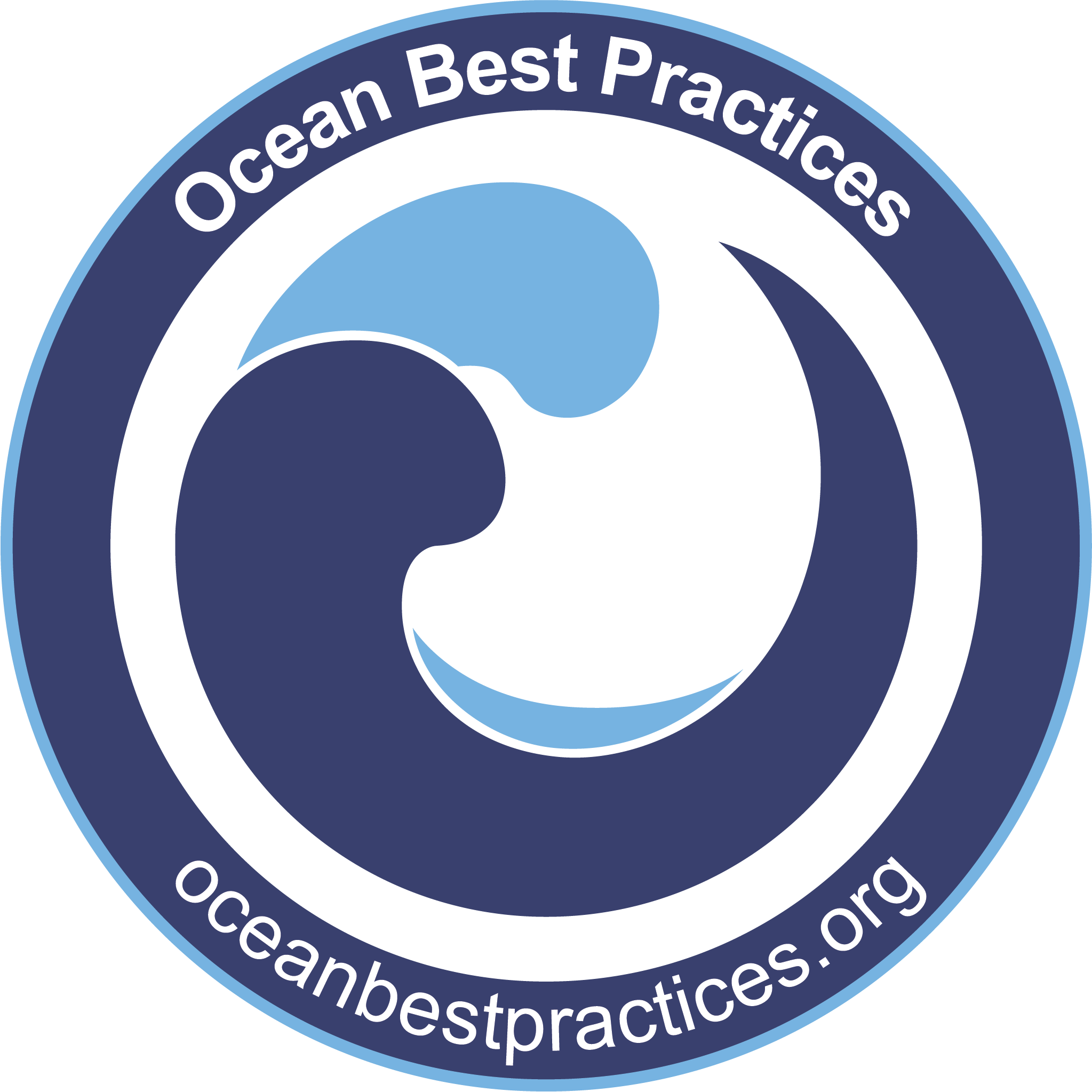A Programme Activity (PA)is a long-term action receiving minimal UNESCO/IOC RP funding supplemented by in-kind and/or extra-budgetary support. These activities are associated with a Programme Component.
Overview of all program activities:
AquaDocs is the joint open access repository of the UNESCO/IOC InternationaI Oceanographic Data and Information Exchange (IODE) and the International Association of Aquatic and Marine Science Libraries and Information Centers (IAMSLIC) with support from the FAO Aquatic Sciences and Fisheries Abstracts. It is a thematic repository covering the natural marine, coastal, estuarine /brackish and fresh water environments and includes all aspects of the science, technology, management and conservation of these environments, their organisms and resources, and the economic, sociological and legal aspects.
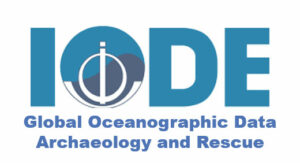
GODAR has the goal of increasing the volume of historical oceanographic data available to climate change and other researchers by locating ocean profile and plankton data sets not yet in digital form and digitizing these data. In addition, data on electronic media that are at risk of loss due to media degradation are also candidates for rescue.
The Underway Sea Surface Salinity Data Archiving Programme Activity (GOSUD) aims at assembling in-situ observations of the world ocean surface collected by a variety of ships and at distributing quality controlled datasets. At present time the variables considered by GOSUD are temperature and salinity.
Ocean surface is the location of strong exchanges with the atmosphere but also with ice and continents. Ship based underway measurements can make a significant contribution to the observation of this very active layer if the quality of the datasets produced is in accordance with current research standards. GOSUD data are provided by volunteer contributors who are willing to build freely accessible global datasets, promote standard methodologies and agree on a common data policy. The observations are collected from different categories of platforms such as research vessels, merchant ships but also sailing ships or cruise vessels. Whenever possible, data or data subsets are transmitted in real time.
Membership of the Steering Group can be found here.
at IODE28 it was decided to rename GOSUD to Underway Sea Surface Salinity Data Archiving Programme Activity (GOSUD).
The Global Temperature-Salinity Profile Programme Activity” (GTSPP) is an international cooperative developed by a group of marine and oceanic science organizations to provide researchers and marine operations managers with accurate, up-to-date temperature and salinity data. The World Meteorological Organization (WMO) and the Intergovernmental Oceanographic Commission (IOC) jointly manage the program’s network of capture, archive, and dissemination systems to ensure sustained quality control, storage, and access. NCEI maintains the program’s long-term archive by providing storage and quality control services to ensure that best copy versions of GTSPP data are properly preserved and available to the public. The GTSPP data system is maintained and hosted by the US NCEI.
Membership of the Steering Group can be found here.
At IODE 28 it was requested to recall GTSSP to Global Temperature-Salinity Profile Programme Activity (GTSPP)
The strategic goal of the IODE International Coastal Atlas Network Project (IODE/ICAN) is to encourage and help facilitate the development of digital atlases of the global coast, based on the principle of distributed, high-quality data and information. These atlases can be local, regional, national or international in scale. This can be achieved by sharing knowledge and experience among atlas developers in order to find common solutions for coastal web atlas development whilst ensuring maximum relevance and added value for the users. Many of these atlases will play an important role in informing national and regional decision- and policy-making across several themes.
Membership of the Steering Group can be found here.
IQuOD International Quality-controlled Ocean Database is being organized by the oceanographic community, and includes experts in data quality and management, climate modellers and the broader climate-related community. The primary focus of IQuOD is to produce and freely distribute the highest quality and complete single ocean profile repository along with (intelligent) metadata and assigned uncertainties for use in ocean climate research applications. This goal will be achieved by developing and implementing an internationally-agreed framework.
Membership of the Steering Group can be found here.
OceanExpert serves as the main repository to manage information we have on experts, institutes, IOC events and other relevant information. OceanExpert serves as a connector between several IODE Programme components and IODE programme activities, avoiding a multiplication for the information shared between them.
Ocean Best Practices System aims to accelerate the interoperability of ocean observations, convergence of methodologies, and conventions across ocean communities by building balanced, evidence-based recommendations on contextualised practices and standards by facilitating: (1) trusted protocols for creation, convergence and endorsement of practices and other standard methodologies, (2) interoperability across all dimensions of ocean stakeholders’ needs through propagation and linking of practices, data and standards, and (3) broad community engagement with sharing methods, creation and adoption of practices and capacity development in their use. Authors from across the multi-disciplinary ocean community have entrusted their valuable, practical knowledge on how to live, work, and study the ocean to the OBPS repository. Over the past few years, the OBPS has enhanced the technology around its archive, implementing mechanisms aligned to the FAIR Principles (Findable, Accessible, Interoperable, Re-Usable) It supports findability through major internet services and has also extended content discoverability through other modern data systems, in particular by the IODE”s Ocean Data and Information System (ODIS) (https://oceaninfohub.org/odis/). Leveraging ODIS, the OBPS is becoming the hub of methods sharing, and the nucleus of the Ocean Practices Federated Network (OPFN), allowing partner systems to interlink their methods collections for the betterment of all . The activities of OBPS are managed by the IODE Steering Group for the Ocean Best Practices System.
Membership of the Steering Group can be found here.
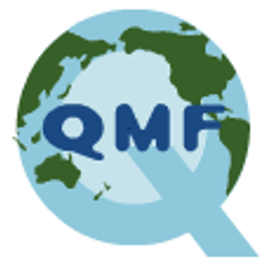
The IODE Quality Management Framework (IODE-QMF) provides the overall strategy, advice and guidance for NODCs and ADUs to design and implement quality management systems (QMS) for the successful delivery of oceanographic and related data, products and services and to ensure NODCs/ADUs can demonstrate their capabilities to provide data and services in compliance with established standards and responsibilities that will lead to accreditation.
The main objectives of the IODE-QMF are:
- Promote accreditation of NODCs according to agreed criteria
- Provide assistance to NODCs to establish organisational quality management systems
- Initiate and review existing standards and Manuals and Guides with respect to the inclusion of quality management procedures and practices; and
- Provide regular feedback to the IODE Committee.
The IODE encourages all NODCs/ADUs to pursue formal accreditation and to meet a minimum set of requirements to ensure compliance with IODE standards. Submissions for accreditation should address all the accreditation criteria which can be found in IODE Quality Management Framework for National Oceanographic Data Centres and Associate Data Units (Revised edition).
The activities of IODE-QMF are managed by the IODE Steering Group for the IODE Quality Management Framework project.
Membership of the Steering Group can be found here.
WOD (World Ocean Database) is the world’s largest collection of uniformly formatted, quality-controlled, publicly available ocean profile data. It is a powerful tool for oceanographic, climatic, and environmental research, and the end result of more than 20 years of coordinated efforts to incorporate data from institutions, agencies, individual researchers, and data recovery initiatives into a single database. WOD data spans from Captain Cook’s 1772 voyage to the contemporary Argo period, making it a valuable resource for long-term and historical ocean climate analysis. Original versions of the 20,000+ datasets in the WOD are available.
